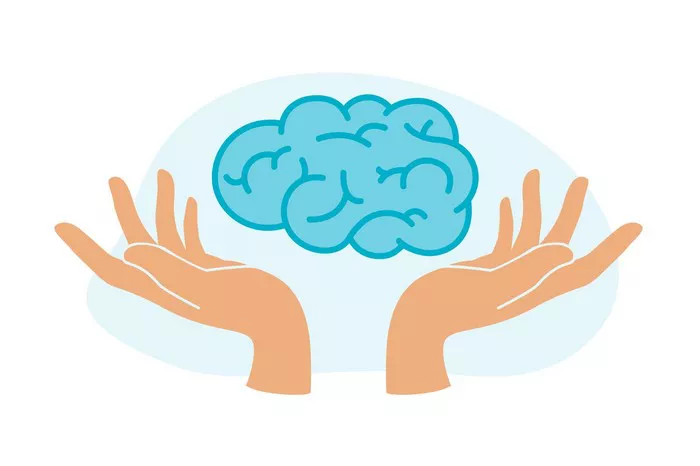1. Introduction to Hypnotherapy:
Hypnotherapy is a therapeutic technique that utilizes hypnosis to induce a state of focused attention, heightened suggestibility, and deep relaxation in individuals. During this state, the therapist can help the individual access their subconscious mind to address various psychological or behavioral issues. Techniques employed in hypnotherapy may include guided imagery, suggestion, and cognitive restructuring.
In the context of anxiety, hypnotherapy aims to address the underlying thoughts, emotions, and behaviors that contribute to anxiety disorders. By accessing the subconscious mind, hypnotherapy can help individuals identify and reframe negative thought patterns, reduce stress and anxiety levels, and promote relaxation responses.
2. Potential Benefits of Hypnotherapy for Anxiety:
Evidence-based research: Several studies have shown promising results regarding the effectiveness of hypnotherapy in treating anxiety disorders. For example, a meta-analysis published in the American Journal of Clinical Hypnosis found that hypnotherapy was significantly more effective than non-hypnotic interventions for reducing anxiety symptoms. Additionally, research published in the International Journal of Clinical and Experimental Hypnosis suggests that hypnosis can lead to significant improvements in anxiety-related symptoms.
Specific benefits: Hypnotherapy can target various symptoms associated with anxiety, such as fear, worry, panic attacks, and insomnia. By accessing the subconscious mind, hypnotherapy can help individuals confront and overcome irrational fears, reduce excessive worrying, learn relaxation techniques to manage panic attacks, and improve sleep quality.
Comparison to other treatments: Unlike medication, which may have side effects and only provides temporary relief, hypnotherapy aims to address the root causes of anxiety. Additionally, while traditional talk therapy can take longer to produce results, hypnotherapy may offer more rapid symptom relief for some individuals.
3. Risks and Considerations:
Limitations: While hypnotherapy has shown promise as a treatment for anxiety, it may not be effective for everyone. Some individuals may be resistant to hypnosis or may not respond well to the techniques used in hypnotherapy.
Who is it not suitable for? Hypnotherapy may not be suitable for individuals with certain mental health conditions, such as psychosis or severe personality disorders. Additionally, individuals who are highly skeptical of hypnosis or uncomfortable with the idea of accessing their subconscious mind may not benefit from this treatment approach.
Potential side effects: Although hypnotherapy is generally considered safe when conducted by a qualified practitioner, some individuals may experience side effects such as dizziness, headache, or temporary exacerbation of anxiety symptoms. It’s essential for individuals considering hypnotherapy to discuss any concerns or potential risks with their therapist.
4. Finding a Qualified Hypnotherapist:
Importance of qualifications: When seeking hypnotherapy for anxiety or any other issue, it’s crucial to choose a licensed and experienced hypnotherapist. A qualified hypnotherapist will have received specialized training in hypnosis techniques and will adhere to ethical guidelines and standards of practice.
Tips for finding a therapist: To find a qualified hypnotherapist in their area, individuals can start by asking for recommendations from their primary care physician, mental health professional, or trusted friends and family members. They can also search for practitioners through reputable organizations such as the American Society of Clinical Hypnosis or the National Board for Certified Clinical Hypnotherapists. Before scheduling an appointment, individuals should inquire about the therapist’s qualifications, experience, and approach to treatment to ensure it aligns with their needs and preferences.
Conclusion
In conclusion, hypnotherapy shows promise as a treatment option for anxiety, offering a unique approach to addressing the underlying causes of anxiety disorders. However, it’s essential for individuals considering hypnotherapy to weigh the potential benefits against the risks and limitations and to seek treatment from a qualified and experienced practitioner.
FAQs
Can hypnosis effectively alleviate anxiety?
Hypnosis can be a viable tool for managing anxiety by accessing the subconscious mind to address underlying causes and promote relaxation. However, its effectiveness can vary depending on individual factors and the skill of the hypnotherapist.
How quickly does hypnosis typically alleviate anxiety symptoms?
The timeframe for experiencing relief from anxiety through hypnosis varies from person to person. Some individuals may notice improvements after just a few sessions, while others may require more time to see significant results. Consistency and adherence to the hypnotherapist’s recommendations play crucial roles.
What is the success rate of using hypnosis to treat anxiety?
The success rate of hypnosis for anxiety management can be influenced by several factors, including the severity of the anxiety, the individual’s receptiveness to hypnosis, and the expertise of the hypnotherapist. While research supports its effectiveness for some individuals, there isn’t a universally applicable success rate due to the variability of individual experiences and conditions.
Related topics:
- The Nexus of Intelligence and Depression: What You Need to Know
- What Does It Feel like to Come out of Depression?
- Is Pure OCD Curable? Understanding, Treating & Living


